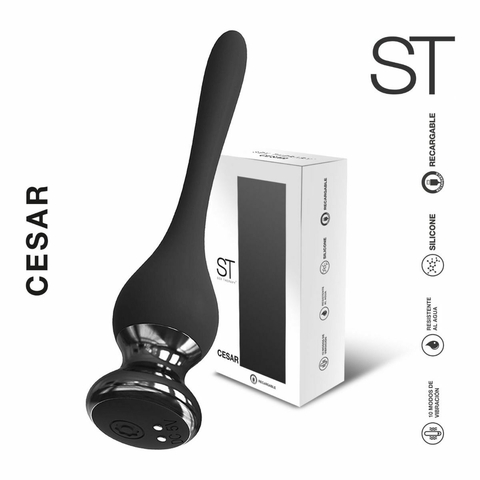
WEIGHT: 56 kg
Bust: 3
One HOUR:250$
Overnight: +30$
Services: Fisting vaginal, Anal Play, French Kissing, Role Play & Fantasy, Oral
Official websites use. Share sensitive information only on official, secure websites. Corresponding Author Kathrine Meyers kmeyers adarc. Health workers report challenges to broaching sexual behavior with gay and bisexual men MSM. We conducted a stigma-mitigation training to increase provider-initiated conversation about anal sexuality among Chinese health workers. We analyzed surveys and one-time interviews. Refinement of the training to align with health worker recommendations and to augment communication options and skills is warranted, as is involvement of MSM clientele themselves.
Analizamos encuestas y entrevistas. Stigma within health services against gay, bisexual and other men who have sex with men MSM limits their access and engagement in HIV programming [ 1 - 7 ]. For MSM, stigma specifically inhibits willingness to disclose sexual behavior [ 8 , 9 ] and therefore the potential benefit of targeted delivery of HIV interventions [ 5 , 7 , 10 - 15 ]. For healthcare providers HCPs , personal discomfort conducting sexual histories [ 16 ] and a lack of education about MSM-relevant health issues impedes communication and assessment [ 17 ], thereby limiting their ability to help MSM curb their HIV risk [ 5 , 10 , 11 ].

Although evidence in support of competency training is limited, systematic reviews encourage continued efforts to target stigma as a pervasive contributor to health disparities [ 14 , 15 , 18 - 20 ]. Few peer-reviewed evaluations of trainings focus explicitly on stigma toward sexual behavior, despite the fact that sexual stigma bears heightened relevance for MSM and their interactions in HIV services [ 17 , 21 ].
Such discussion is limited by both HCP motivation and skill as well as reticence among MSM to reveal sexual orientation and specific anal sex practices [ 21 - 26 ]. To this point, experts in sexual health strongly recommend that competencies in medical education include the ability to discuss and assess specific sexual behavior [ 27 ].

However, there is no empirically-supported guidance to improve HCP knowledge, comfort and intervention skills related to anal health and sexuality. One peer-reviewed evaluation of competence training has included knowledge related to anal sexuality, albeit focused on risk reduction [ 21 ]. However, MSM prefer holistic interventions that address sexual health and pleasure more broadly, rather than a primary focus on infectious disease [ 28 , 29 ].


































